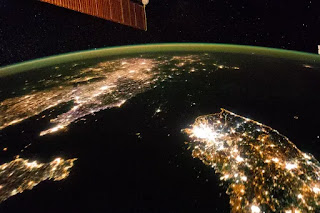Last week one of my Tumblr followers asked me the above question. I wrote down as many things as I could think of in the time I had, which wasn’t everything. I started putting down justifying arguments for each point, but found that this was making it far too long for a Tumblr post. So I’m repeating my answer here, with a few more points and some argumentation to back it up and hopefully a bit more coherence (but you be the judge of that).
I try to keep my thinking grounded in empirical evidence, but I only have so much time for doing research and what I do find is inevitably biased by being filtered through my own perspective, which is not neutral but was formed through many years of political involvement. I began my political life in 1996, at the age of 18, in a protest against Otago University raising tuition fees. It was a big protest, because at that point New Zealand tertiary institutions had only been charging tuition for a few years and it had caught a lot of people by surprise. So there were a lot of dedicated protesters involved. Many of them were Marxists, so I started off as a kind of Marxist camp follower leaning towards anarchism of sorts. I still feel loyalty to this crowd, and there are some social values that I still think Marxism captures better than most other politics. But looking at the empirical evidence I am unable to endorse the prototypical Marxist plan for achieving those values.
In particular, countries that remodel themselves from the ground up with armed Marxist revolutions always end up as repressive, poverty-stricken dictatorships. I know of no exceptions. Some are worse than others – if I had to choose, I’d much rather live under Fidel Castro or Muammar Gaddafi than Pol Pot – but none of them have ever produced the communist paradise, or even the socialist interim state, that Marx envisioned. In a few places in the world you can see a Marxist regime and a liberal regime side by side, with the same geopolitical and environmental conditions, and compare their socioeconomic outcomes; the liberals (West Germany, South Korea, Botswana) always do better than the Marxists (East Germany, North Korea, Zimbabwe). And really, Marx should have known better, given that the prime real-life event he used to exemplify his theories was the French Revolution, which had exactly the same effect in installing the Napoleonic Empire.

Empirically, the systems which function best, in the sense of facilitating human life, health, knowledge, freedom, prosperity, and equality, are those known as “mixed economies”, like those of Scandinavia and Japan and formerly New Zealand. These combine open but well-regulated markets with stable democratic government, progressive tax systems, state-owned infrastructure, and high public expenditure on social welfare, health, and education. But of course there are still a great many areas in which I believe progress could be made. And here they are.